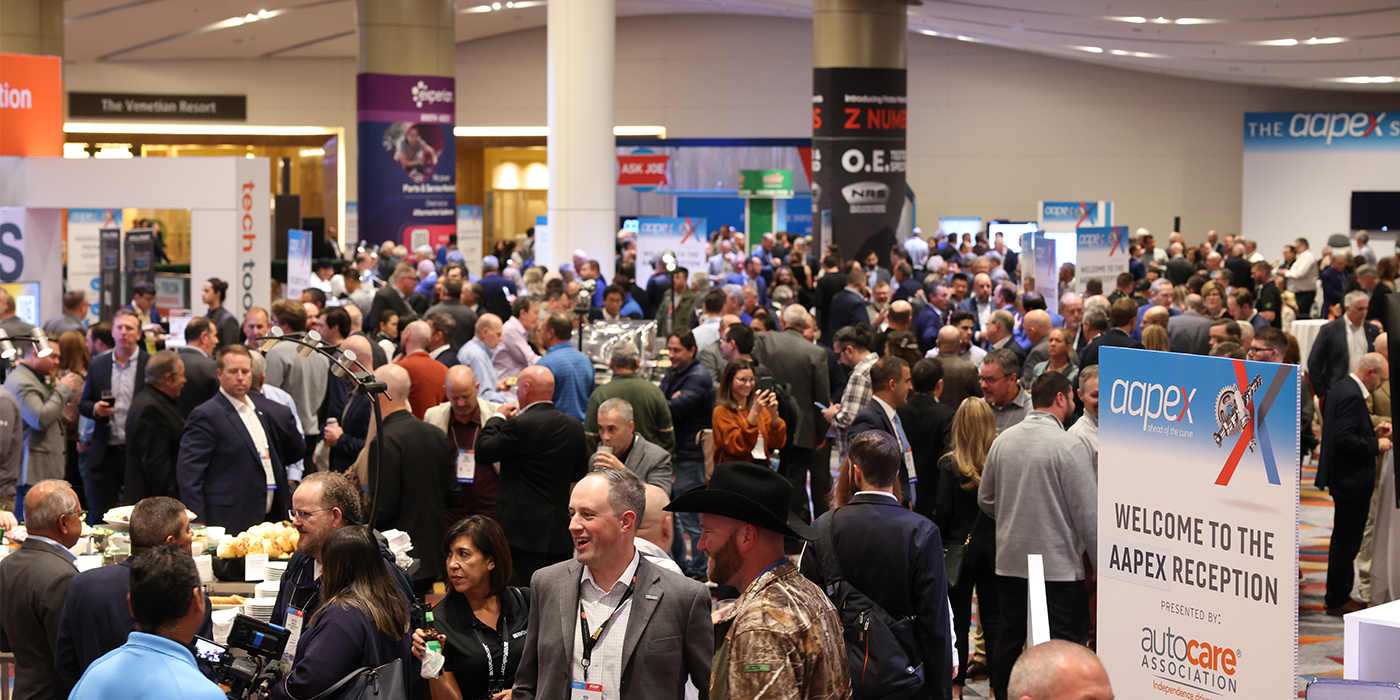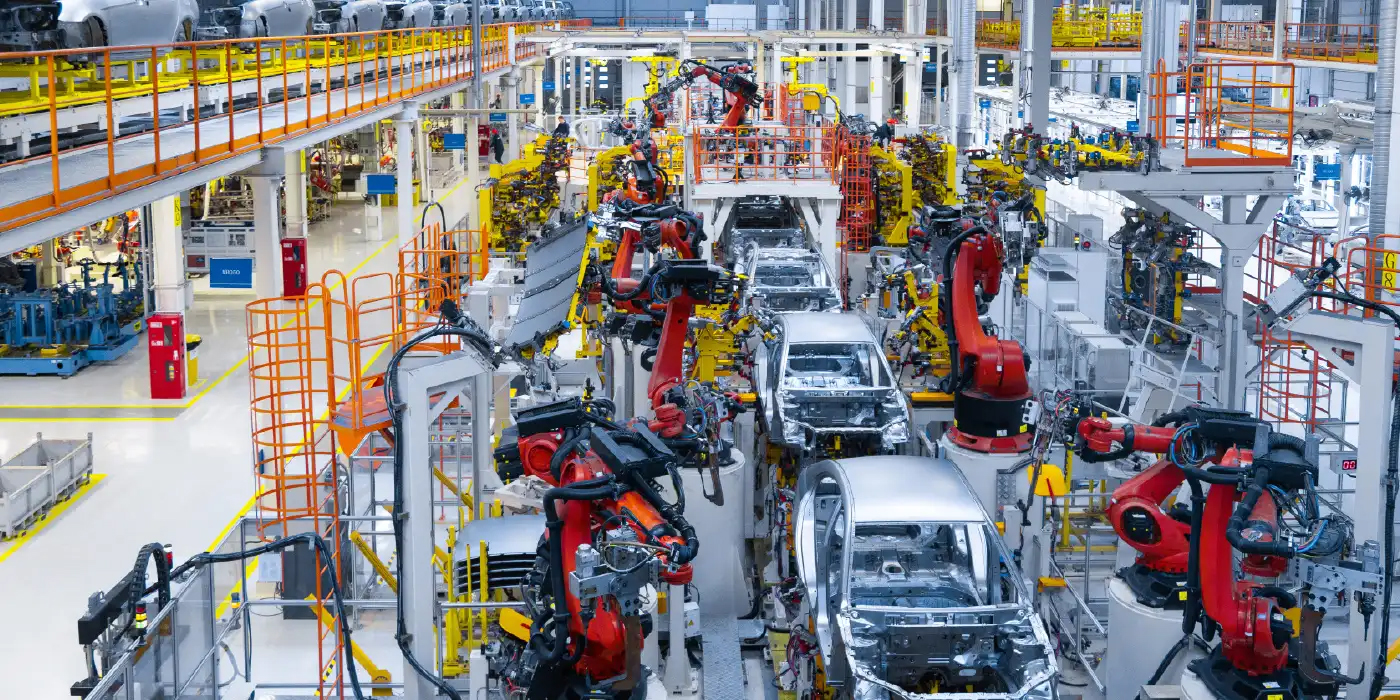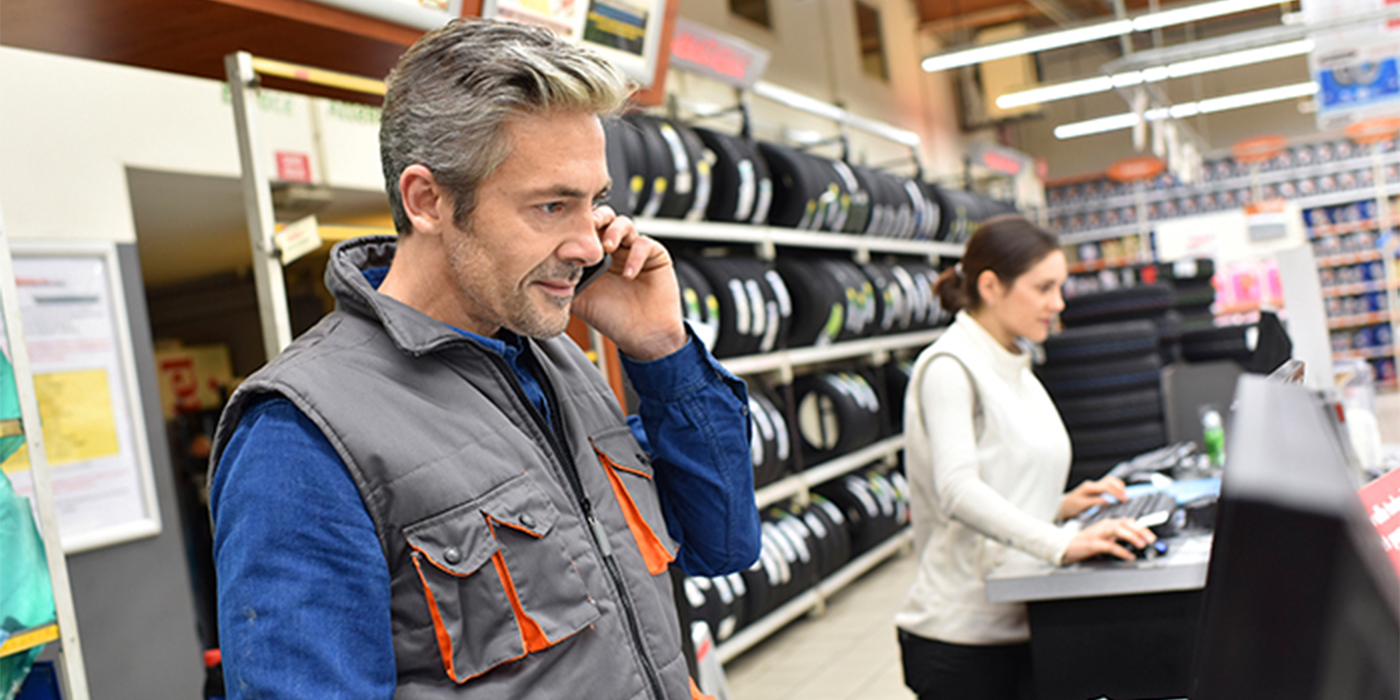by Amy Antenora Editor
Many aftermarket companies today are jumping on the “green” bandwagon and taking steps to reduce their companys’ overall impact on the environment — from office recycling programs to complete product redesigns. Consumers are showing a growing interest in vehicles and automotive products that are environmentally conscious as well. According to 2006 sales data from R. L. Polk & Co., there are 10.5 million alternative fuel vehicles on the roads today.
In addition to the 60 alternative fuel automobiles currently offered, automotive product suppliers are getting in on the game as well, looking at ways that they can minimize their impact on the environment. Among them is Aiken Chemical Co., a Greenville, SC-based manufacturer of automotive chemicals and other products. Aiken manufactures a certified biodegradable product called Purple Power Cleaner/Degreaser.
“Being environmentally conscious is very important to our company,” said Dennis Schwab, Sr., president and CEO Aiken Chemical Co., Inc. “In fact, we’ve subjected Purple Power Cleaner/Degreaser to rigorous testing by a third party to certify that it is in fact biodegradable. We don’t want to just say our products are biodegradable; we wanted to prove it to the consumer.”
Another automotive chemical manufacturer, Illinois-based Penray, has also taken steps to become a more environmentally friendly business. In addition to keeping chemical waste to a minimum, the company has set up a program to encourage its employees to recycle.
“At Penray, we’ve taken several steps to ensure we’re being environmentally conscious,” said Chris McKenzie, director of marketing, Penray. “For example, we’ve spent time and money training our employees on ways to be less wasteful. We recycle all of our used paper products, cartons and pallets. We also recycle and re-distill excess base chemicals to use in the manufacturing of other products, instead of sending it out as waste material.”
On a recent tour of two DENSO plants in Tennessee, aftermarketNews (AMN) learned of the company’s environmentally friendly culture. In one of the Tennessee facilities AMN visited, the plant manager shared that the company has entirely eliminated trash cans — pretty much everything in the facility can be recycled – from scrap metal and plastic soda bottles to staples and paper products.
There are many other companies that are active in environmental efforts, and some in pretty surprising ways. Snap-on Diagnostics, for example, works to minimize impact and meet the environmental regulations through its manufacturing process.
“Actually, we’ve been very active with regard to making the world a better place,” said Tim Ruther, manager, design for manufacturing Snap-on Diagnostics. “We’ve consciously moved to a no-clean solder process in the manufacture of our printed circuit board assemblies. This allows us to meet the requirements of the Montreal Protocol, which bans chlorofluorocarbons and ozone depleting materials.
“We’ve worked very hard to ensure that our hand held products are RoHS (restriction of hazardous substances) compliant, even though our products are exempt from this European directive. In fact, our latest design, ETHOS, is 100 percent RoHS compliant. Finally, our Lincolnshire (IL), Kings Lynn (U.K.) and San Jose (CA) facilities are all ISO 14001 certified to minimize harmful effects on the environment and to achieve continual improvement of environmental performance.”
Even the popular sport of racing is taking a closer look at its impact on Mother Earth. Long recognized for its leadership in motorsports safety and innovation, the IndyCar Series continues to expand its role by improving auto racing’s environmental footprint through its use of 100 percent fuel-grade ethanol in the 3.5-liter Honda Indy V-8 engine that powers all of its race cars as well as the Honda Accord Hybrid Pace Vehicle. The IndyCar Series is the first in motorsports to utilize these technologies proven to benefit the environment.
"It feels good to provide some of the most exciting and competitive racing in the world, knowing that the IndyCar Series’ fuel choice is not affecting the environment," said Brian Barnhart, president and chief operating officer of the Indy Racing League, the sanctioning body of the IndyCar Series. "We hope we can set the pace for all of our fans, encouraging them to follow our on-track lead and utilize ethanol-enriched fuel and hybrid technology in their personal vehicles."
Ethanol is a cleaner energy source that has been shown to reduce harmful air pollution by reducing carbon dioxide and other greenhouse gas emissions. The IndyCar Series previously had used methanol, a fuel produced from natural gas, a non-renewable source. Since ethanol is produced from agricultural products that can be replanted, such as corn, the supply can continually be replenished. It is also 100 percent biodegradable, meaning it won’t harm groundwater.













